Fallout of Russia’s war felt in northern Europe

The reverberations of Russia’s war on Ukraine reach as far away as the Arctic. Tensions are growing in remote parts of northern Europe where, thanks in part to a hundred years of Swiss support, an exemplary multi-ethnic society existed. SWI swissinfo.ch visits Spitsbergen in northern Norway and the Åland Islands.
In Tromsø, northern Norway’s biggest city, 200 kilometres north of the Arctic Circle, we have our first stop – and on this particular day, it means getting wet. For the plane from Oslo to Longyearbyen on Spitsbergen, the main island of the Svalbard archipelago in the high Arctic, lands far away from the shelter of Tromsø airport terminal. All passengers and their luggage are inspected by Norwegian police and customs before the journey can continue.
Since the invasion of Ukraine by Russian troops in late February, Norway has markedly increased the level of inspection between its mainland and the Svalbard group of islands, which has a combined area one and a half times the size of Switzerland. Norway bases its actions on an international treaty of 1920 put in place by the League of Nations, the predecessor of the United Nations.
From an Arctic no-man’s land…
“Previously, the Spitsbergen area was regarded as a no-man’s-land,” explains Rasmus Gjedssø Bertelsen, professor of northern studies at the University of Tromsø and an expert on Spitsbergen. “Since [the treaty], Norway has had limited sovereignty over the islands.” Among the limitations for Oslo is that all signatory states to the 1920 treaty and their citizens have the right to settle on Spitsbergen.
In other words, Spitsbergen and its archipelago is an international zone, which according to the agreement, since signed by 46 states, is neutral and demilitarised. The region used to be known for its rich coal deposits and its large population of polar bears. In the last hundred years it has become a model for a democratic multi-ethnic state. It has also become a favoured destination for Arctic scientists who go there to carry out research in the field.
…to a Russian-Ukrainian outpost
In the meantime, the shock waves of February 2022 have reached this most northerly outpost of Europe. “Russia’s attack shocked and surprised us all,” says Ronny Brunvoll, head of the local tourist agency. “Now we are just going to have to see how life here can go on.” Besides Norway, Russia too has settlements on Spitsbergen, mostly populated, ironically enough, by Ukrainian citizens.
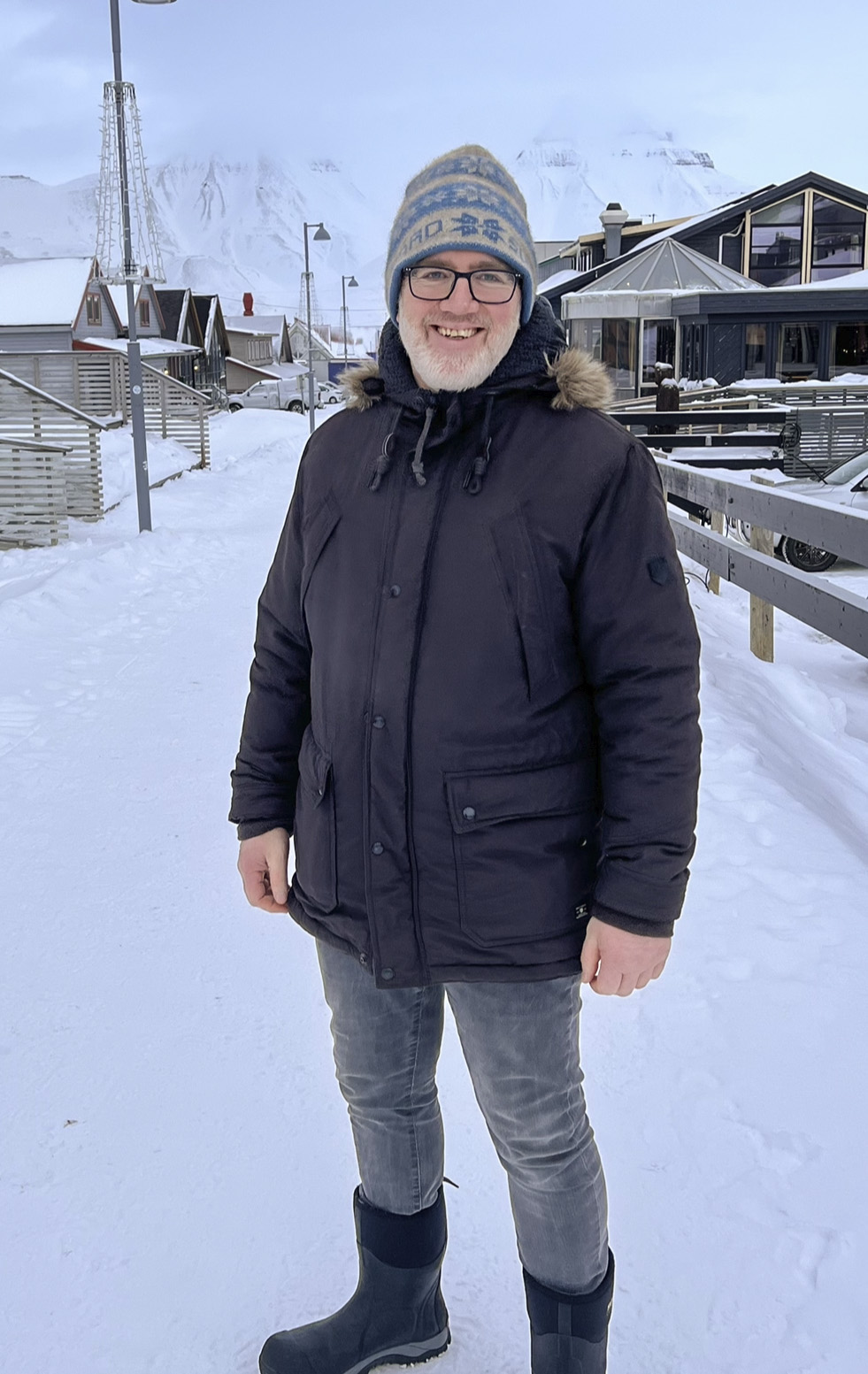
The cooperative work between tourist companies in the Norwegian and Russian settlements, which had gone on for decades, has been suspended. The attitude of the two major players on Spitsbergen towards each other has hardened, much to the dismay of the locals. Thus deliveries of groceries from Russia to Barentsburg were held up for days at the Norwegian mainland customs post at Kirkenes. Then the Norwegian government decided to restrict voting rights of citizens in the archipelago. In future, voting in local parliament elections will be restricted to island residents who have previously lived for at least three years in mainland Norway. “That is a hard blow to our democracy here,” declares Arild Olsen, mayor of the capital, Longyearbyen.
EU raises sovereignty issues
Increasing tensions between Norway and Russia is not the only dynamic making life difficult for people in this part of the world. Recently the European Union announced that it would no longer respect the previously tolerated Norwegian administration of the rich fishing grounds off Spitsbergen. In a diplomatic noteExternal link sent in late June, it was stated that Norway’s sovereignty over the Arctic fishing grounds has “clear limits” and the set quota of cod to be caught is “not sustainable”.
Switzerland, which has been a signatory of the Spitsbergen treaty since 1925, prefers to stay out of the quarrel over the islands. So SWI swissinfo.ch was told by the Swiss representative in the Norwegian capital Oslo. “We have no geopolitical interests in the Arctic,” said ambassador Bernard Jaggy, “but we are greatly interested in diplomacy regarding scientific research.”
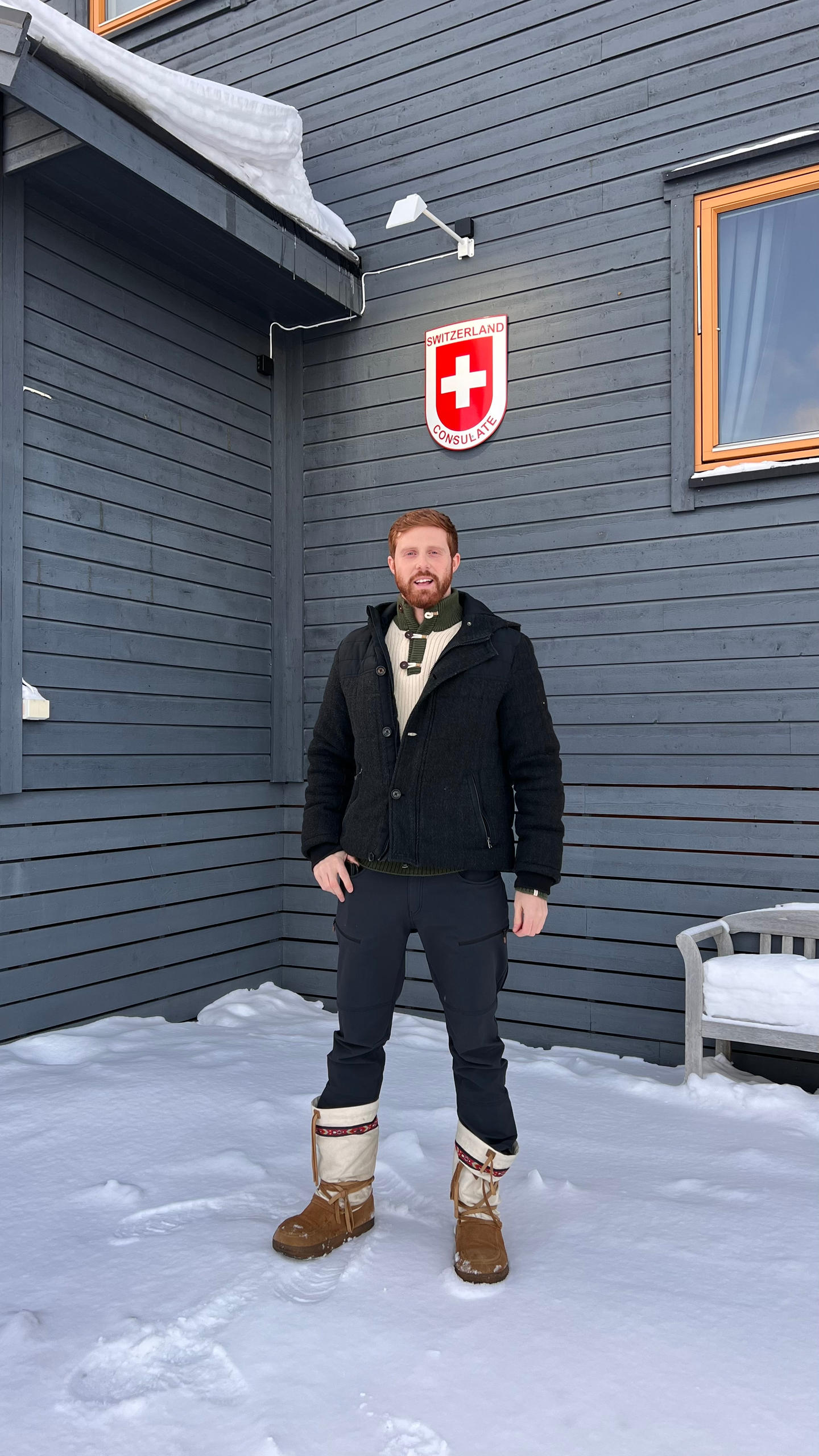
Swiss get involved in the Arctic
He says there are hundreds of scientific projects continuing on Spitsbergen, in which Swiss universities are involved. As a result, Switzerland has opened an honorary consulate in the capital of the Arctic archipelago, the first country ever to do so. It is now highly visible in a blue wooden building in the middle of the city of Longyearbyen. Since late 2021, it has been run by Marcel Schütz. This diplomatic initiative by Switzerland in the high Arctic is intended – as the official statement puts it – to create a bridge to the home country whenever a crisis arises, such as when scientific expeditions with Swiss members need help in a hurry.
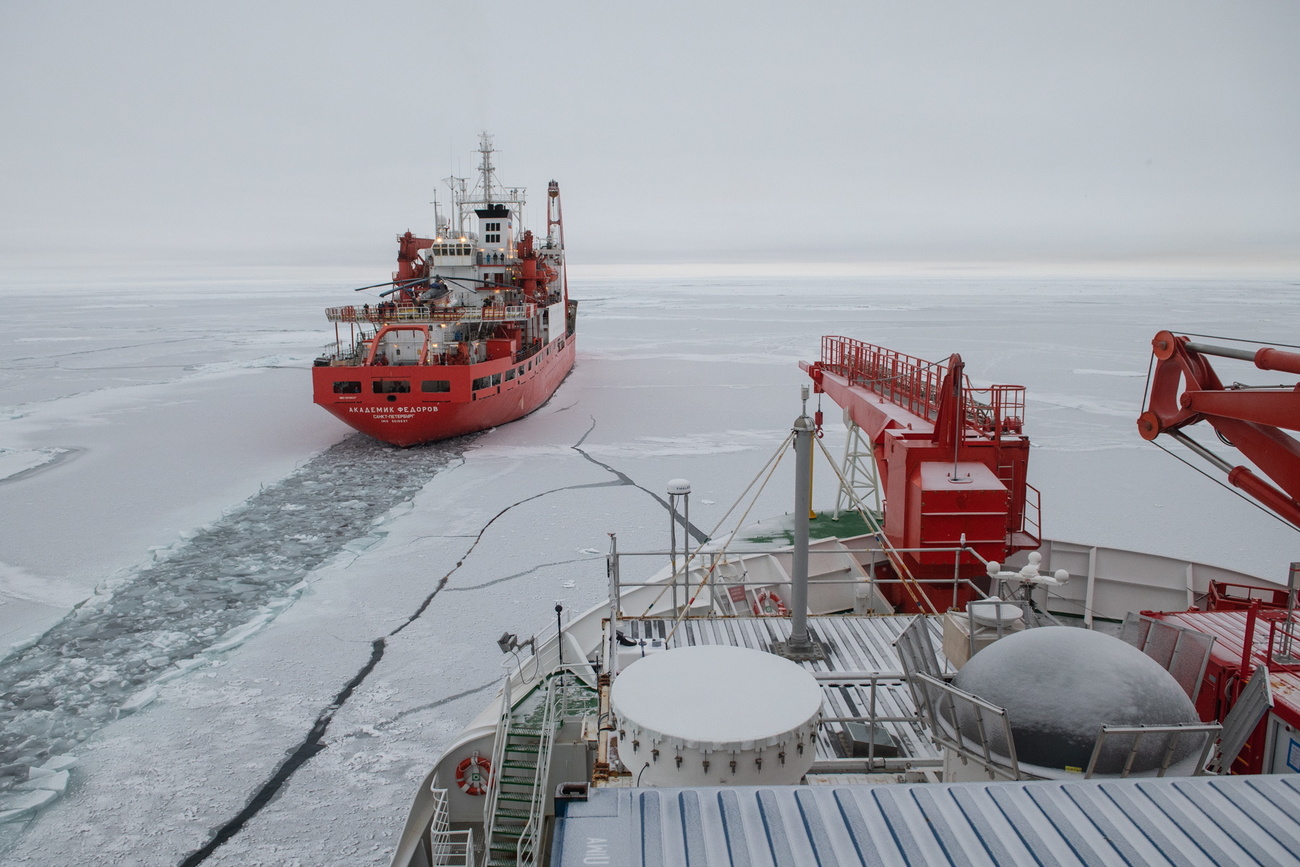
More
Arctic science collaboration is on thin ice
In the current tense situation, these seemingly innocuous aims are under sharper scrutiny. The agreement between Bern and Oslo to set up the honorary consulate in Longyearbyen might be regarded as support for NATO member Norway’s claims to sovereignty in the neutral and demilitarised Arctic territory; which risks irritating Moscow. Russian President Vladimir Putin has cited Nato’s expansion as a justification for the Ukraine war.
A historic deal
Switzerland also played a significant part in the setting up of a second demilitarised neutral zone in the Nordic region under the auspices of the League of Nations. This agreement was largely the work of Felix Calonder (1863-1952), remembered as the first Romansh-speaking minister to serve in the Swiss government. When he retired from cabinet in 1920, he made a significant contribution to solving the issue of territoriality and status of the Åland islands.
This archipelago in the middle of the Baltic Sea, with over 6,700 islands, had long been ruled by Sweden and later by Russia. After the First World War, and against the will of the local population, Åland was ceded to newly-independent Finland. Yet Åland managed to retain Swedish as its official language, got extensive local autonomy, and, due to promptings from Moscow, was declared a demilitarised and neutral zone. Calonder is celebrated as the architect of this elegant solution.
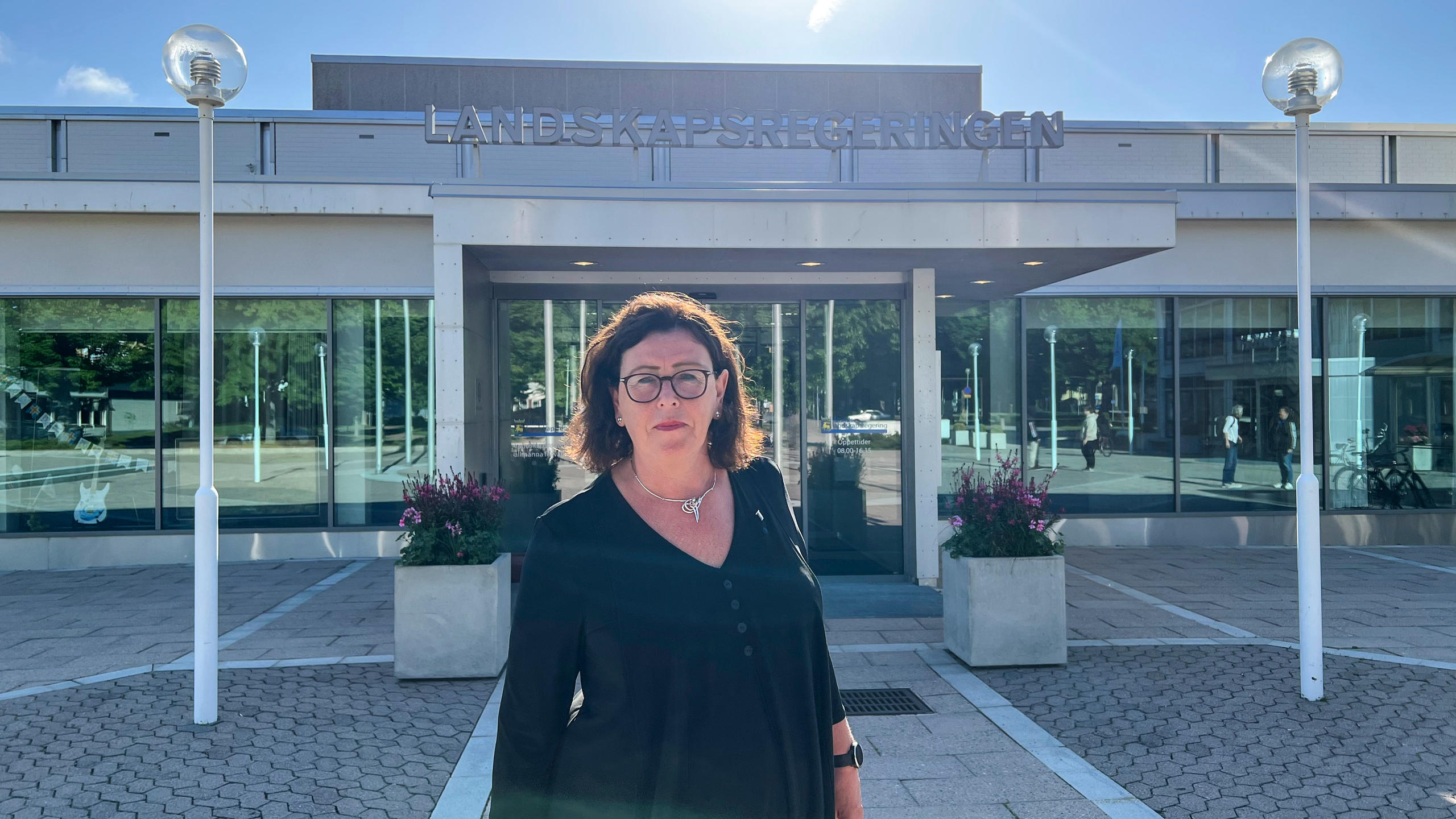
Russia’s stake in the Baltic
This year, the 30,000 Åland islanders celebrated a hundred years of autonomy. Unlike Finnish President Sauli Niinistö and Sweden’s King Carl Gustav, Putin was not invited to the celebrations. Yet Moscow remains a power-broker locally. As well as the high profile of the Russian consulate-general in the capital Mariehamn, the Russian government owns a fair amount of property on Åland. This property was ceded to the Soviet Union in the Moscow Treaty of 1944 putting an end to the Russo-Finnish war. “We uphold this agreement,” Åland’s government leader Veronica Thörnroos told SWI swissinfo.ch in an interview. She readily conceded that “Russia has the right to keep an eye on our neutrality and demilitarised status.”
A neutral island group – in NATO?
Not just up in the Arctic, but on Åland too the Ukrainian war has created new problems. The remaining two neutral Nordic states, Sweden and Finland, are now well on their way to joining NATO. “This brings up the issue of our own neutrality,” points out Petra Granholm, who is head of research at the Åland Peace Institute in Mariehamn. For government leader Thörnroos, there is still only one way to go: “We intend to follow our own unique path of neutrality.” That sounds like the Swiss approach.

In compliance with the JTI standards
More: SWI swissinfo.ch certified by the Journalism Trust Initiative

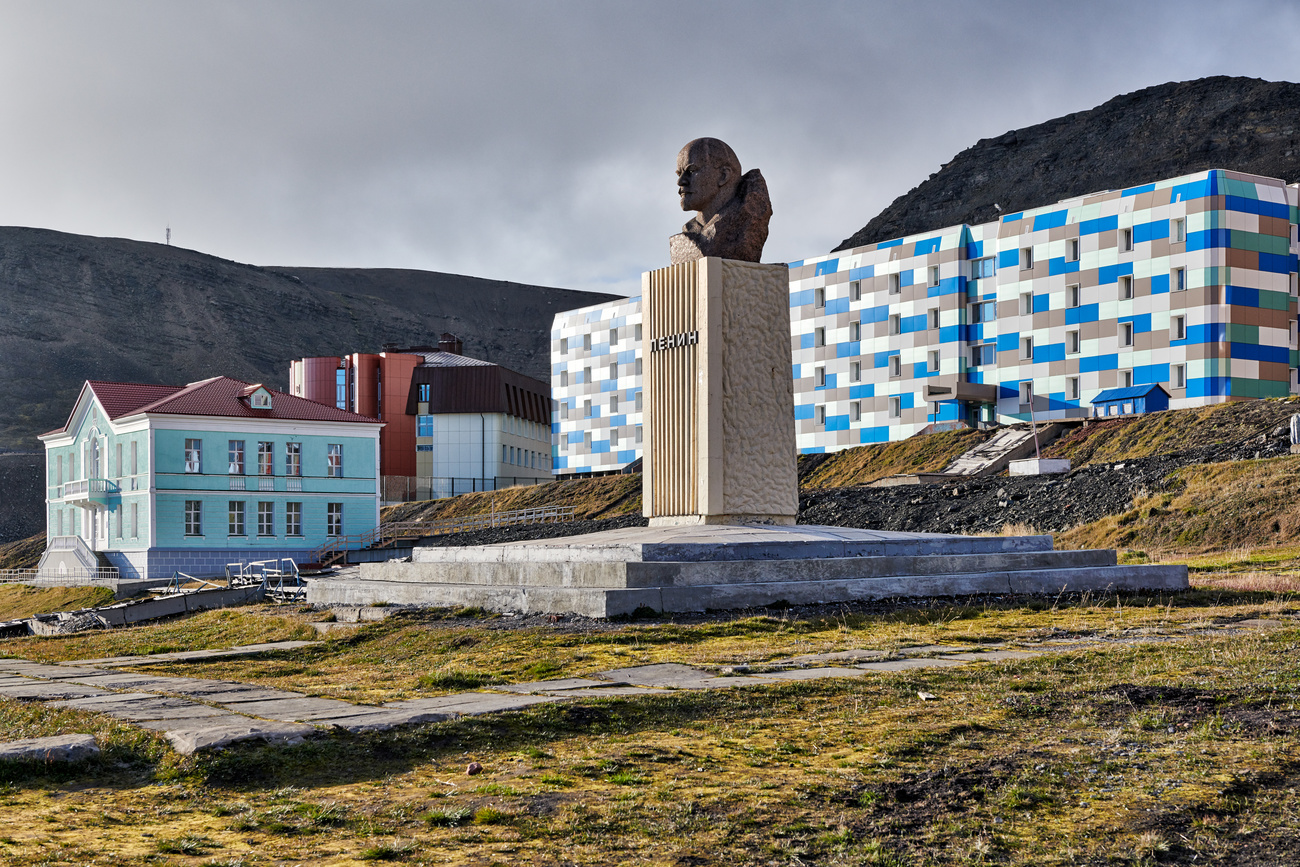
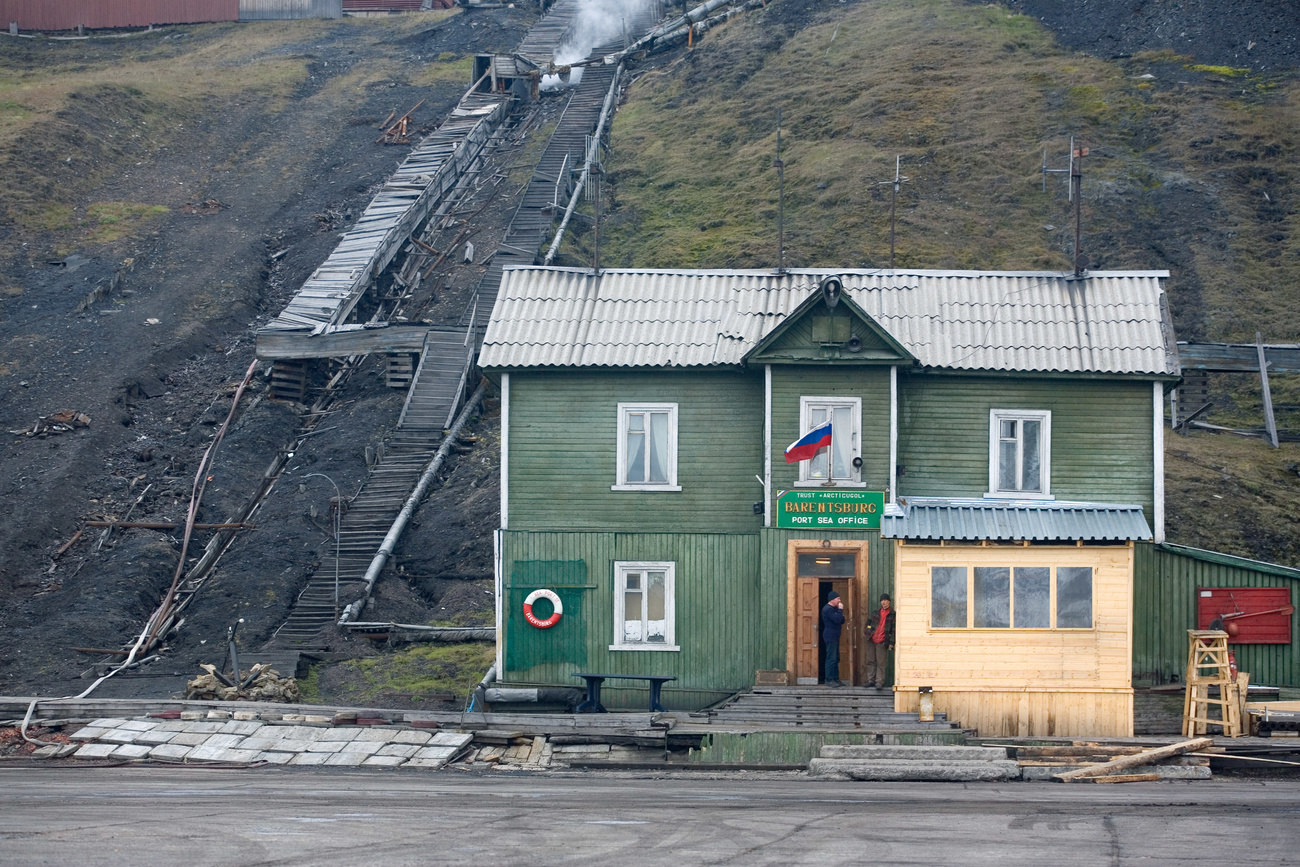
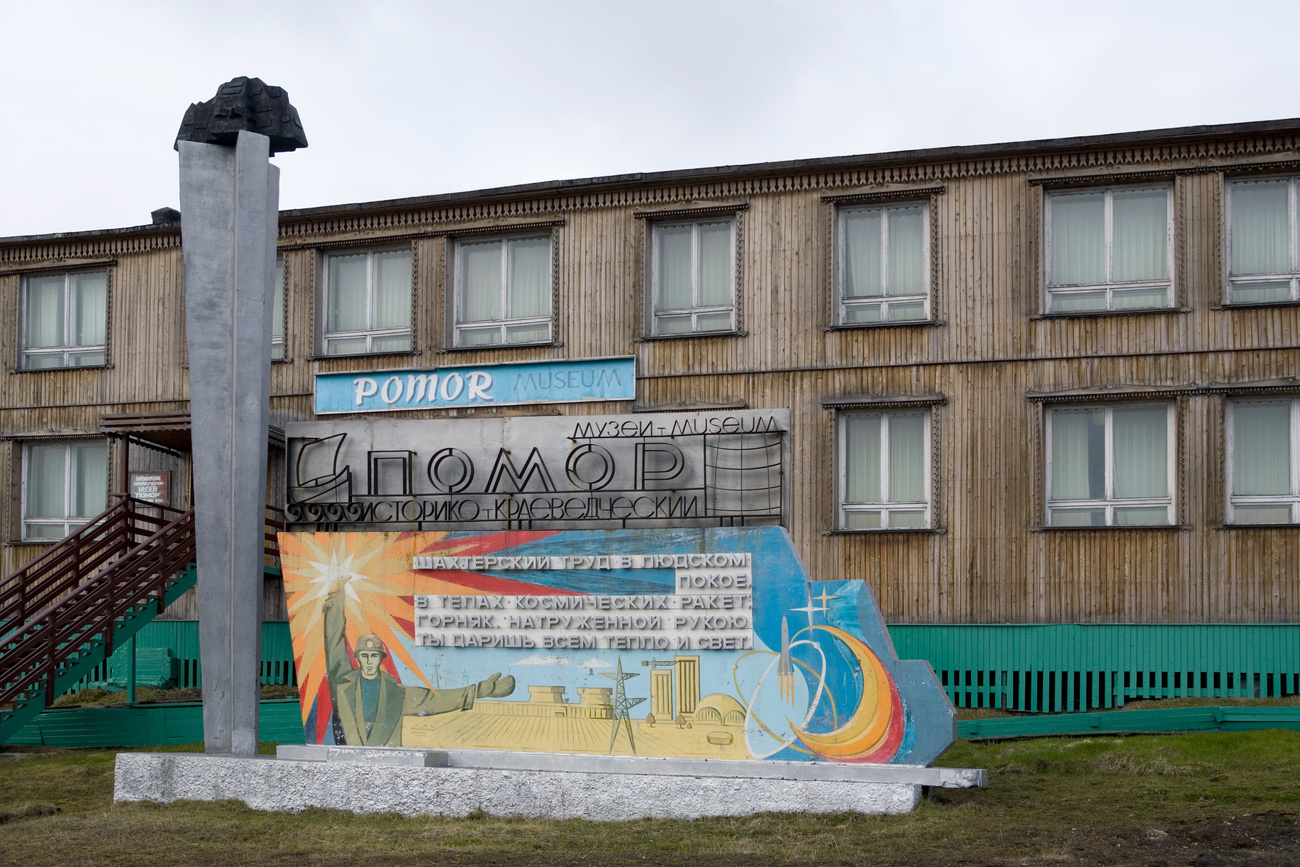

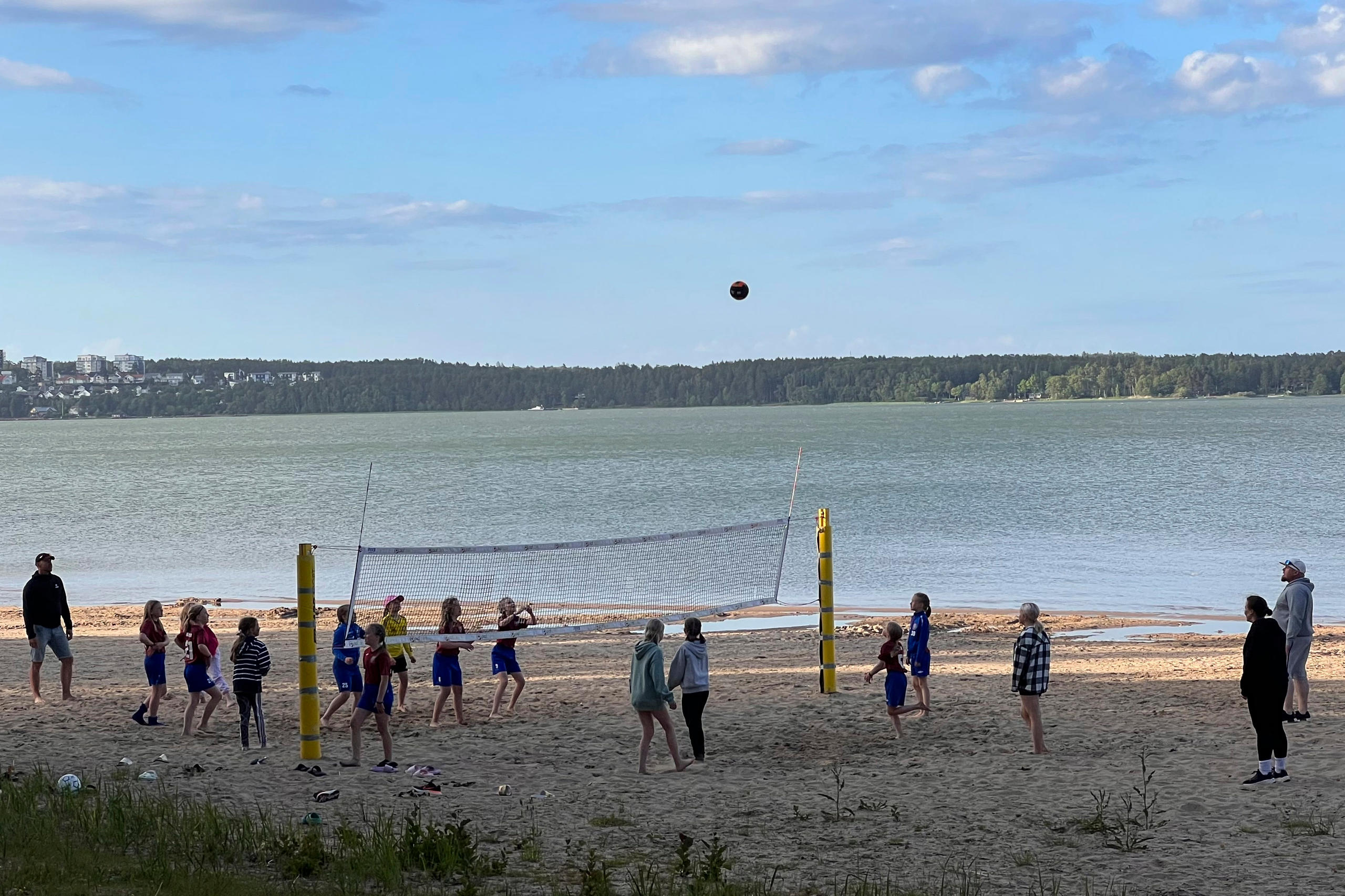
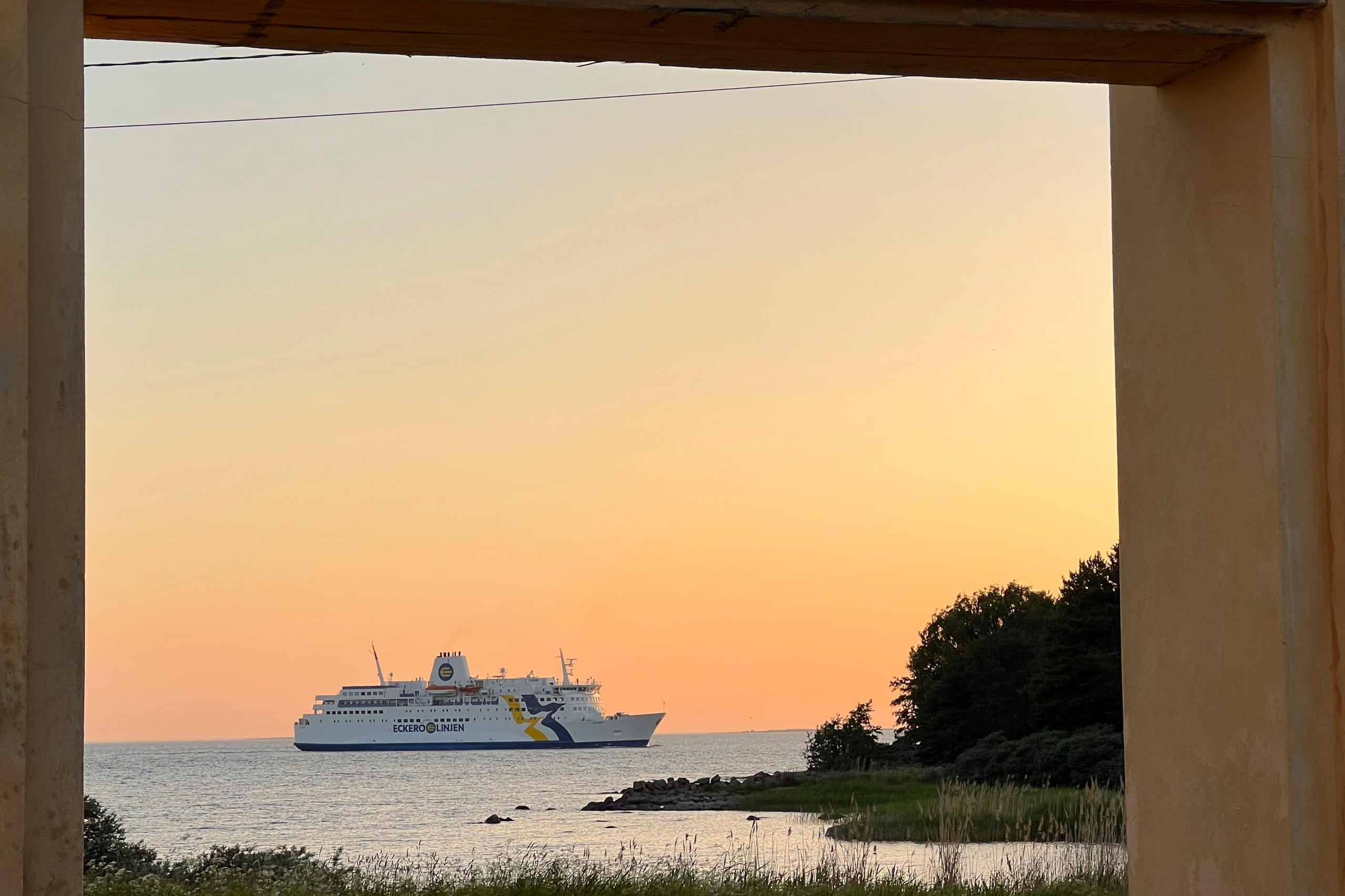
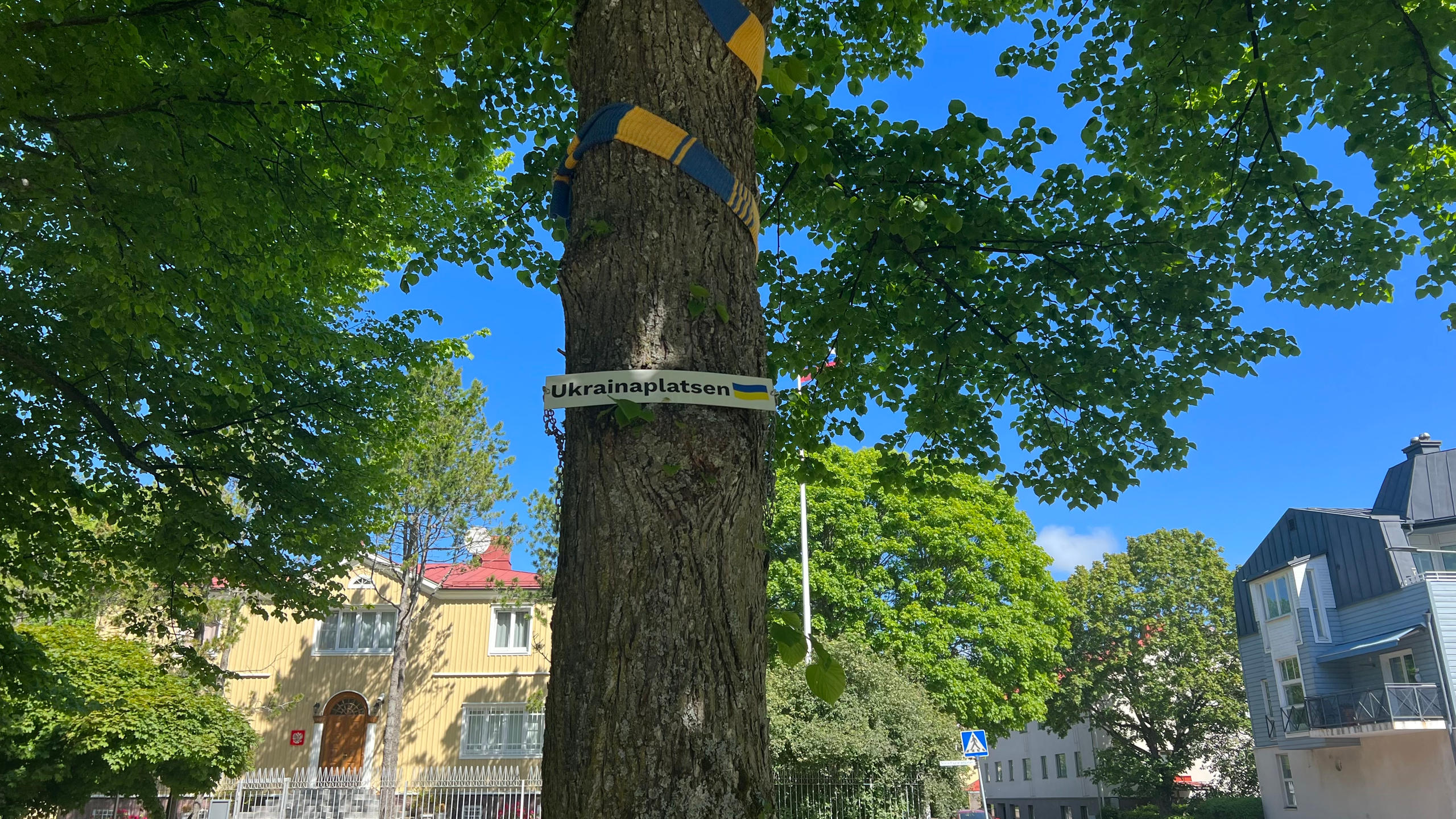
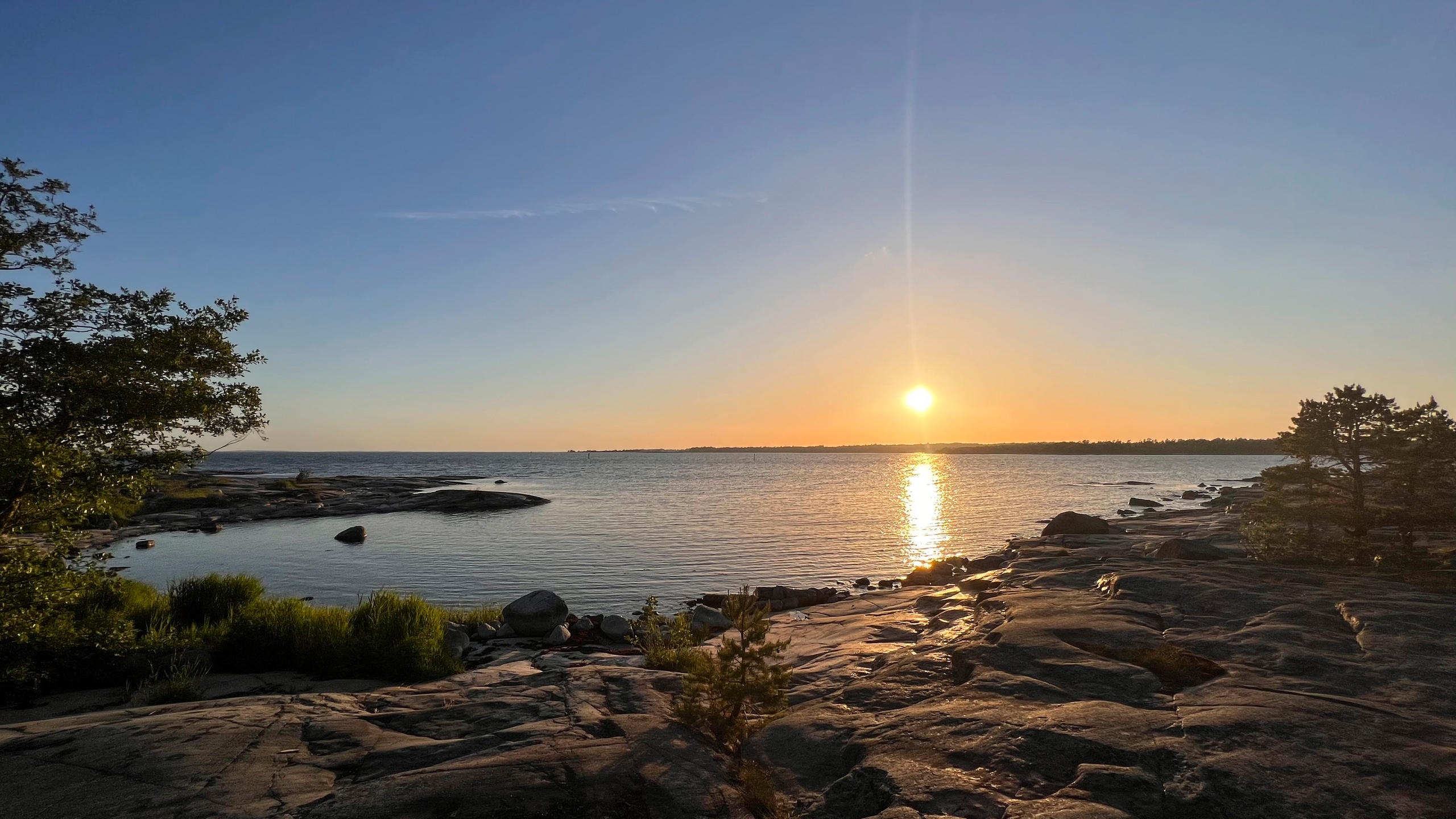

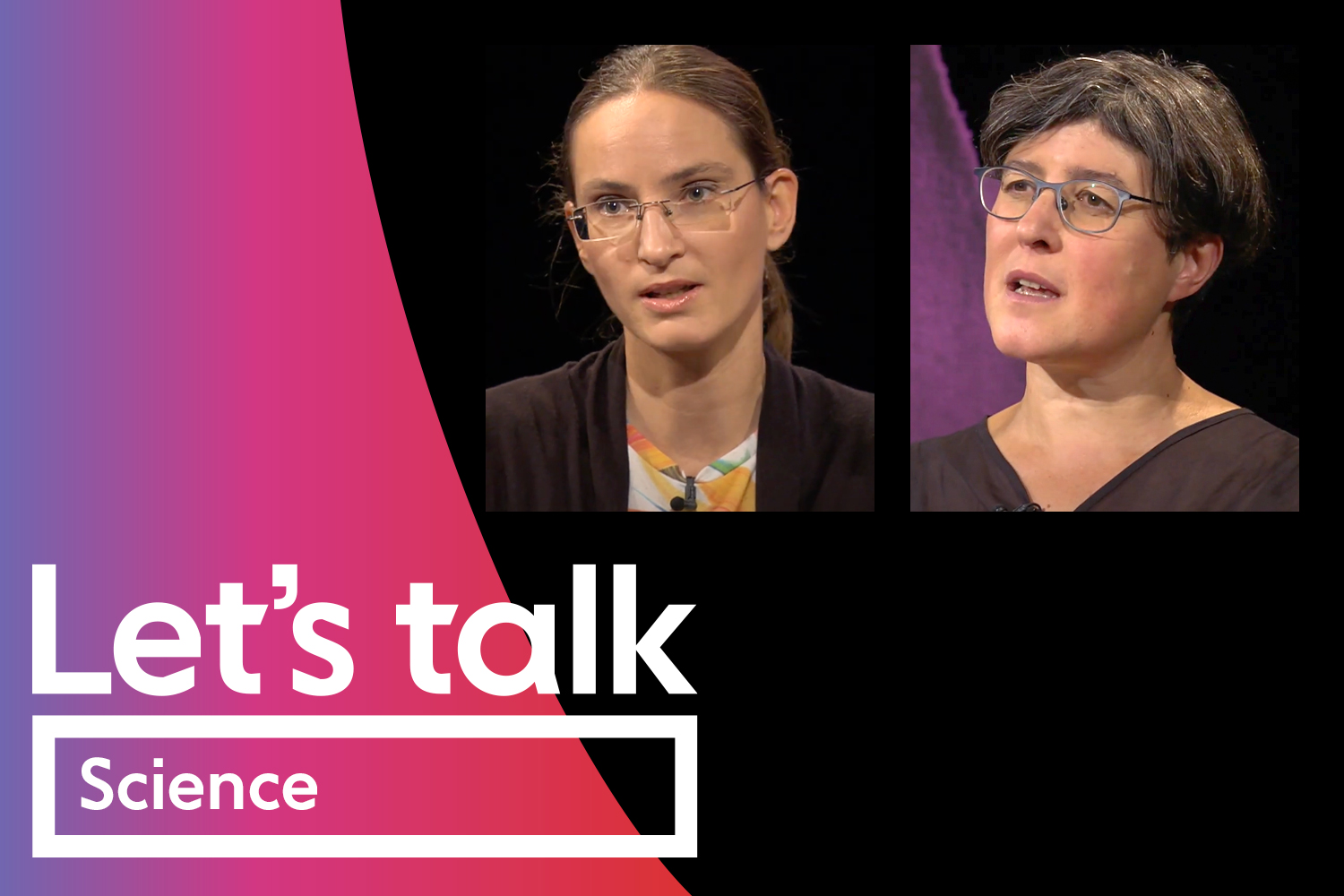
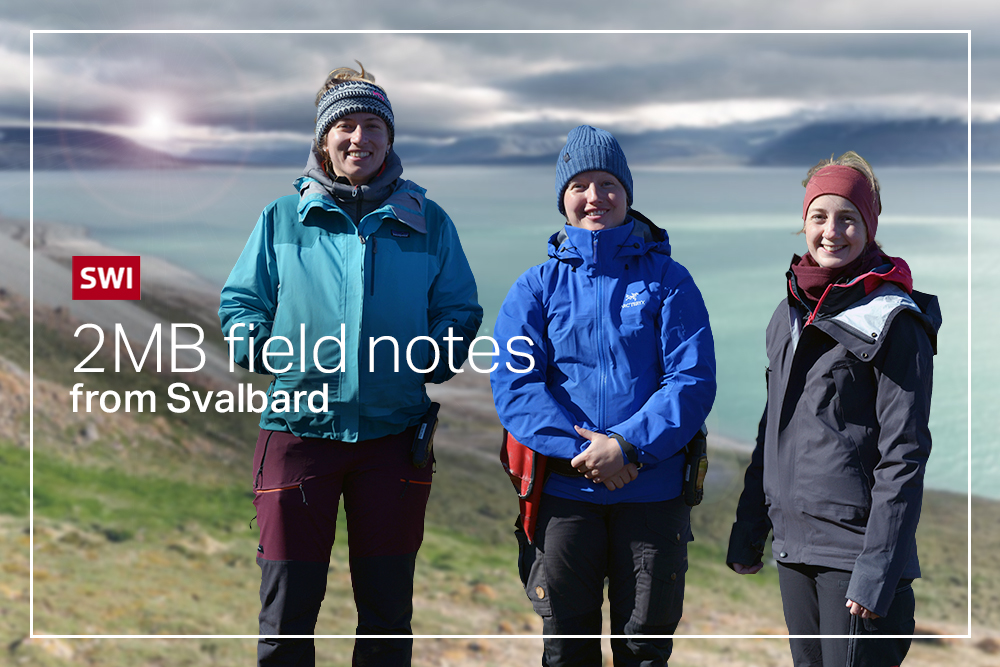

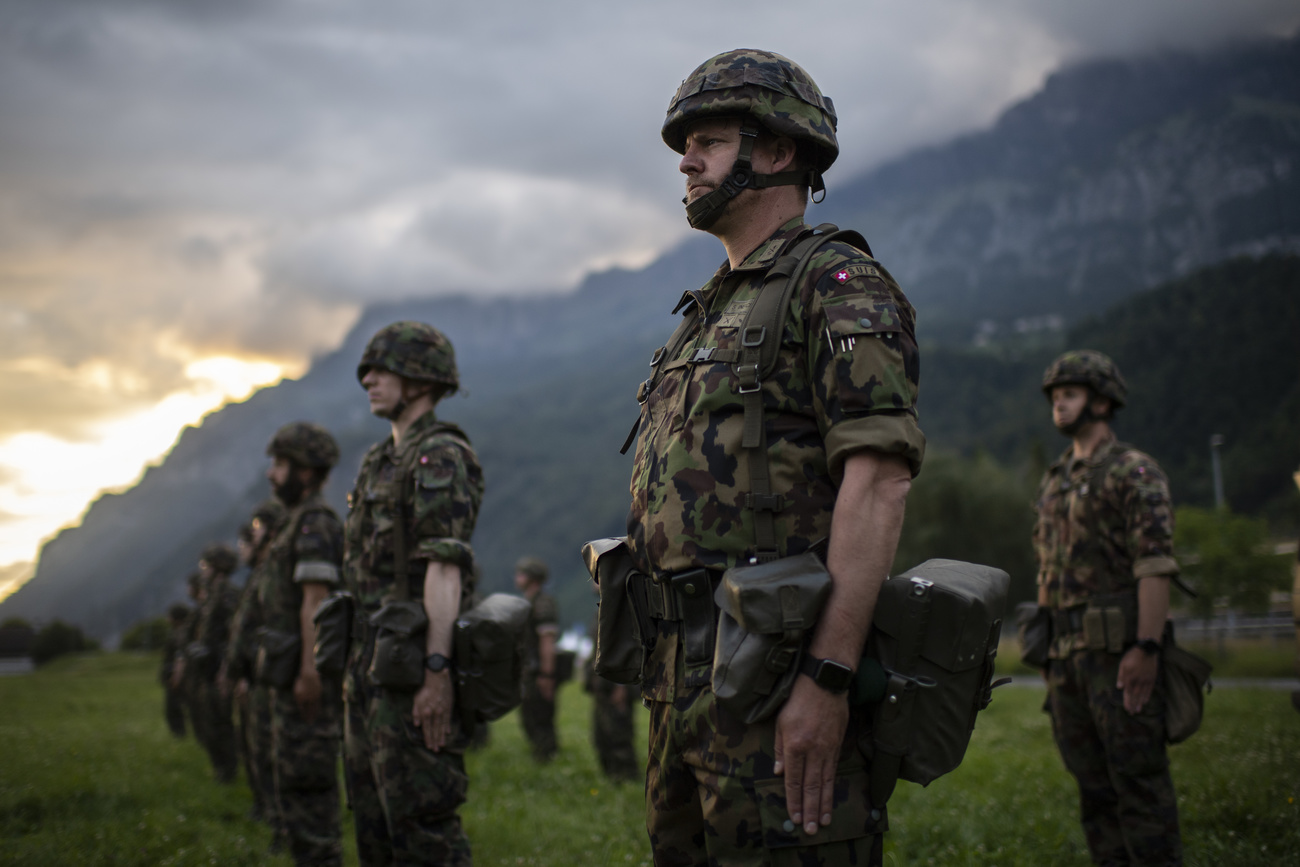
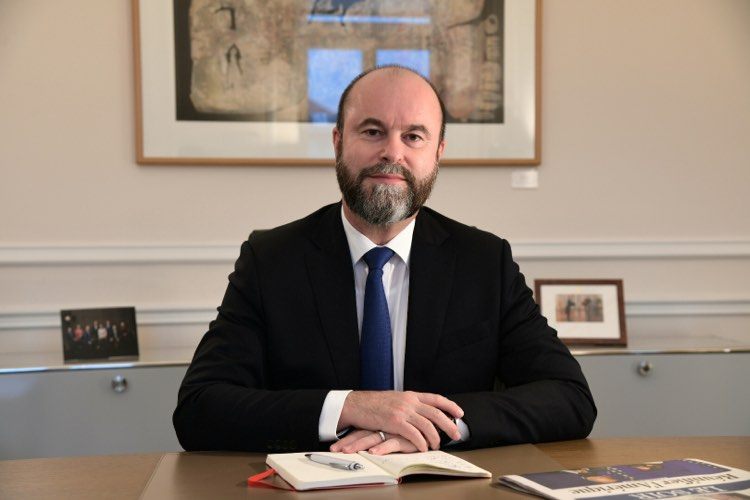
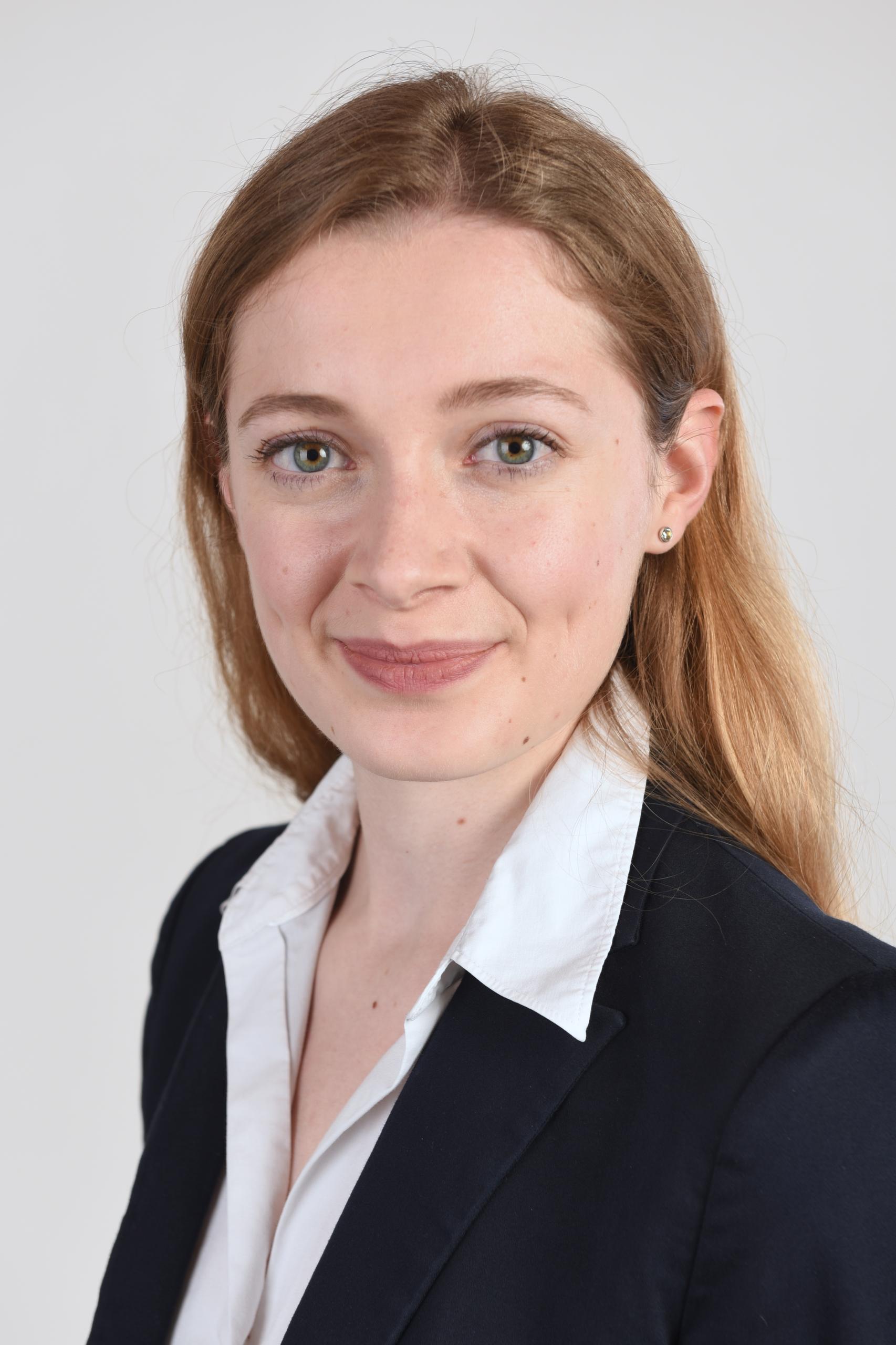
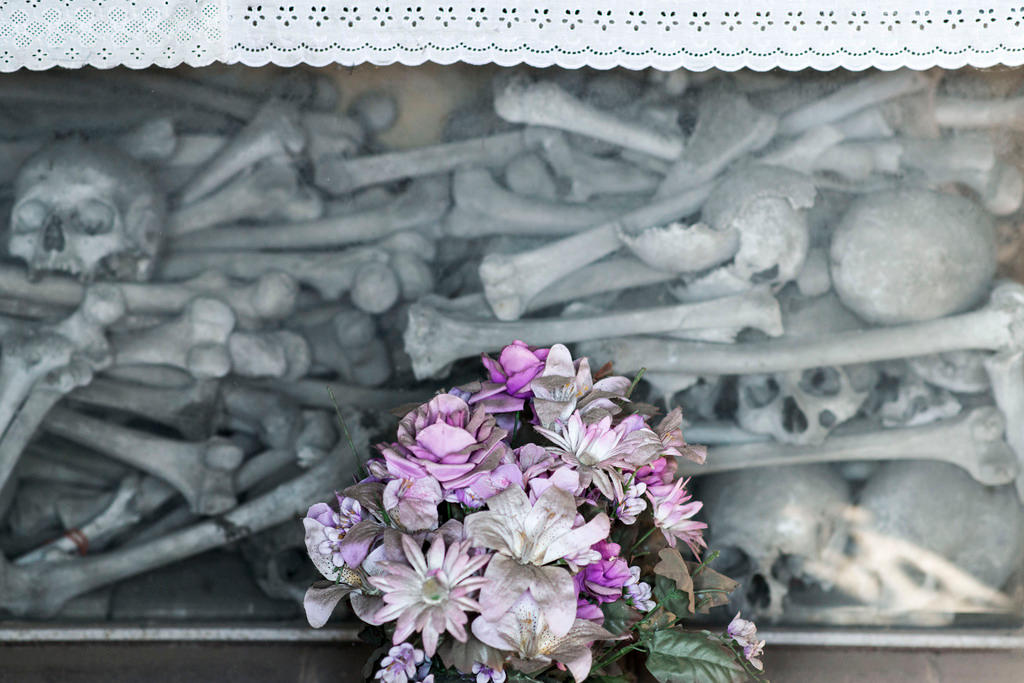
You can find an overview of ongoing debates with our journalists here . Please join us!
If you want to start a conversation about a topic raised in this article or want to report factual errors, email us at english@swissinfo.ch.